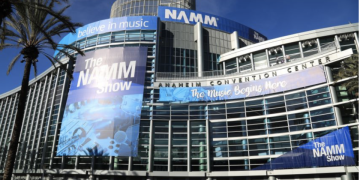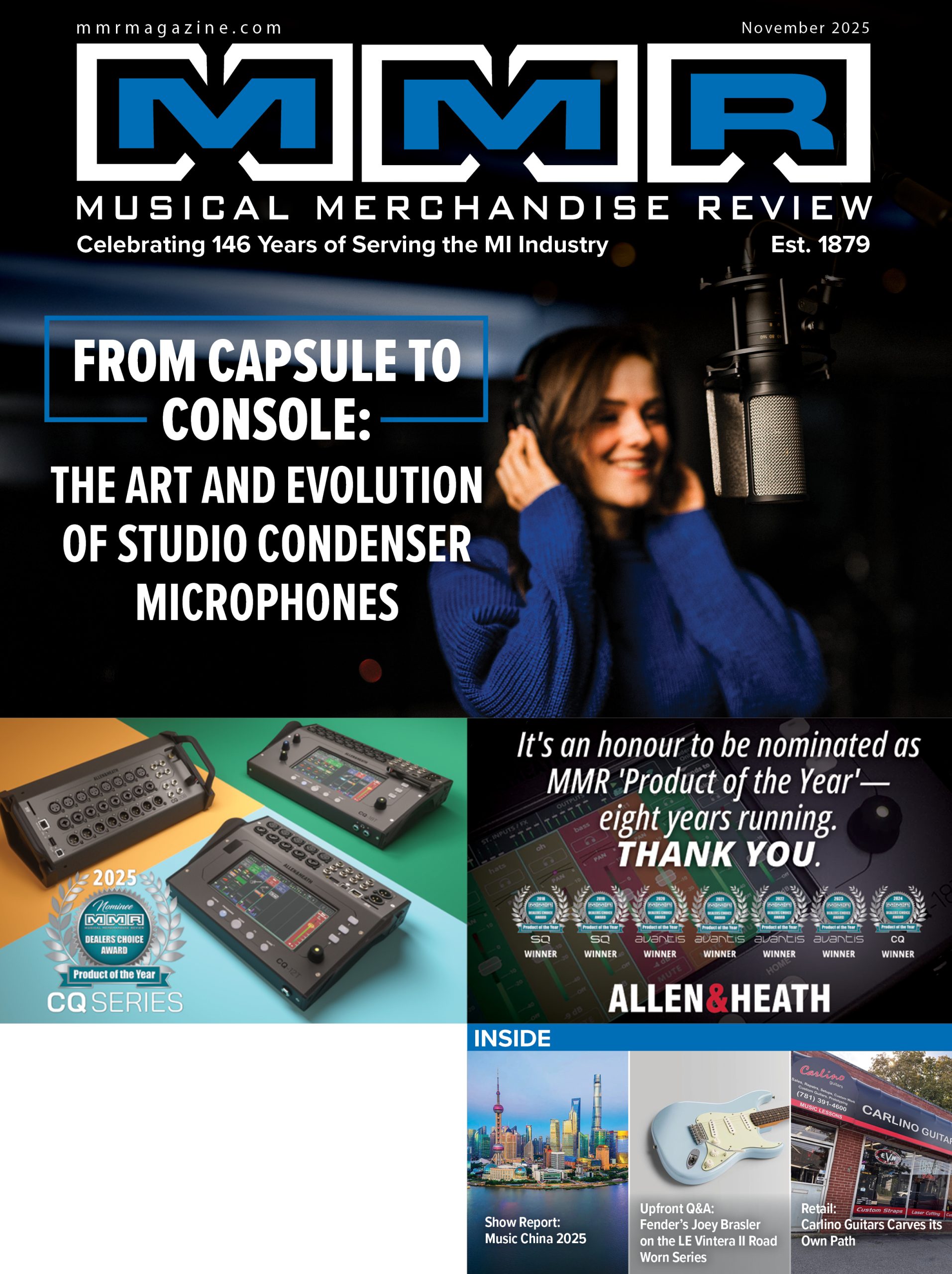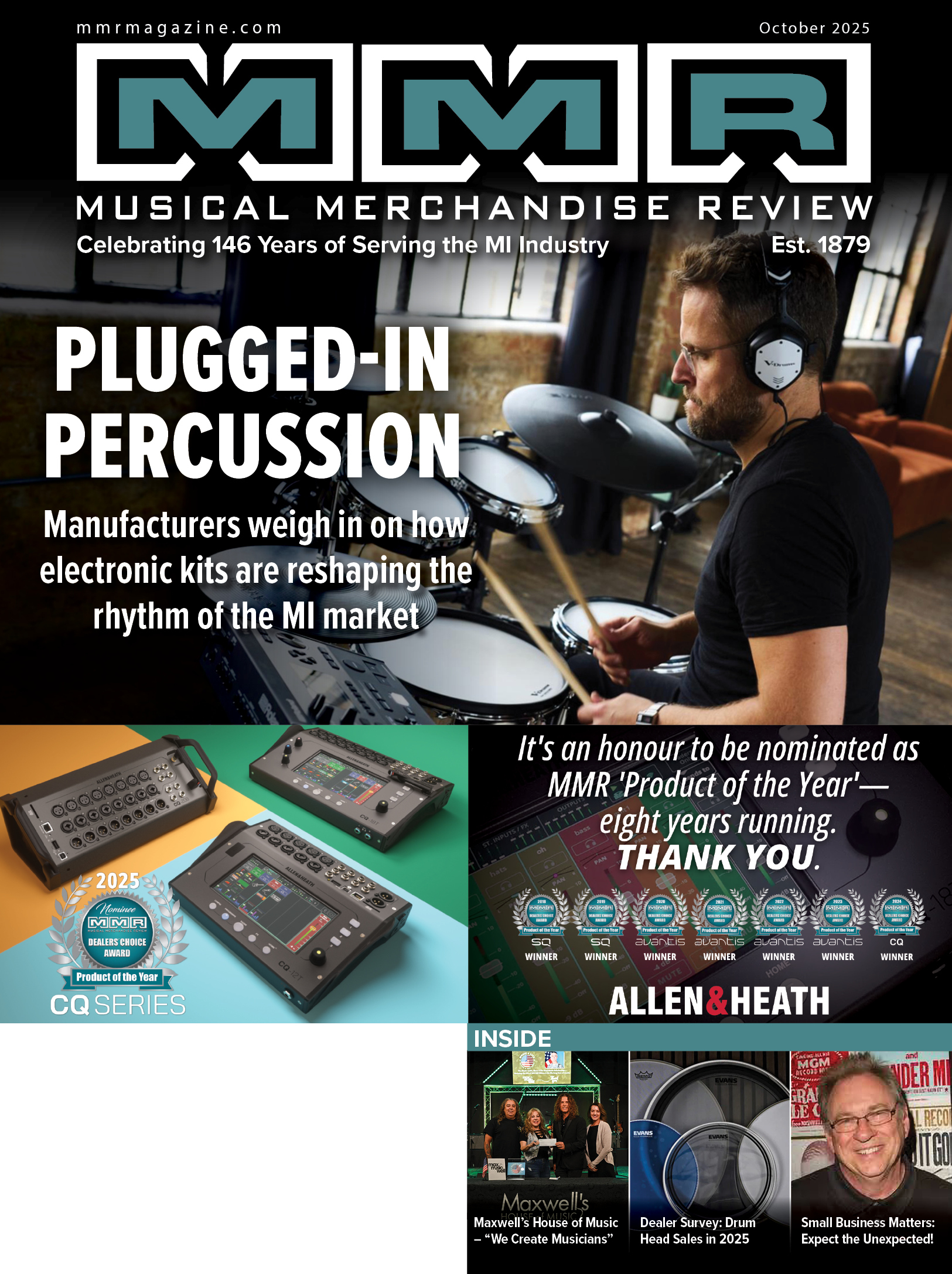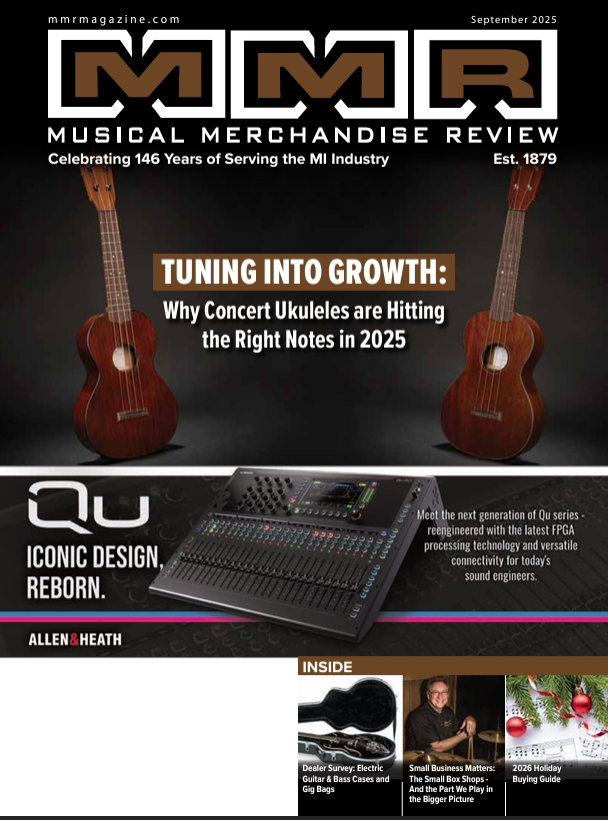 “Artificial Intelligence is not just a crescendo, it is a paradigm shift,” began a recent Forbes article by contributor David Henkin. “AI possesses the potential to transform the music industry into a dynamic and technologically driven ecosystem, presenting both extraordinary opportunities as well as challenges.”
“Artificial Intelligence is not just a crescendo, it is a paradigm shift,” began a recent Forbes article by contributor David Henkin. “AI possesses the potential to transform the music industry into a dynamic and technologically driven ecosystem, presenting both extraordinary opportunities as well as challenges.”
Fair enough, and elegantly put, but a concern of mine – and one of many I’ve spoken with – pertains to that latter aspect: the “challenges.”
Useful tools that allow listeners to better target music likely to resonate with their personal tastes seems like a net win, I suppose. For me, such methodology wouldn’t replace the respected suggestions of a cool older neighbor or a thoughtfully curated mix tape or playlist from a friend, but I’ll be the first to admit that, in many respects, I tend to skew “old school” in my tastes. Similarly, easy (or at least easier) access to sounds via AI-driven replication of traditional instruments and sound-generation tools unquestionably democratizes the music-making process, affording access to artists across a wider range of income levels. That’s a great thing!
When we get to music creation, however… that’s where things get a little murky for me. Popular culture has long accepted recordings that lean heavily into pitch-correction, quantizing, and all types of manipulation, enhancement, and “studio trickery” (although, again, some – like yours truly – can usually both spot such artifacts a mile away and generally prefer “warts and all” performances), so the question becomes: at what point, if any, does a phenomenon such as Artificial Intelligence cross the proverbial line into… what – cheating? Deception? Inauthenticity?
Last November, a brand-new track credited as “the final Beatles record” was released. When the most popular musical act of all time, which officially called it quits over half-century ago, announces “new” material, there’s bound to be considerable interest and excitement. Was this a heretofore un-shared late ‘60s gem from the vaults? The result of a clandestine session between the Fab Four in the ‘70s prior to John Lennon’s assassination in 1980? Nope. “Now and Then” was instead a mélange of a 45-year old cassette demo recording, present-day performances, a now-decades-old part played by guitarist George Harrison, and loads of AI-assisted “trickery.”
Not surprisingly, when that latter detail came to light, there was push-back and protest. “We’ve seen some confusion and speculation about it,” shared Paul McCartney in response to the outcry. “Seems to be a lot of guess work out there. Can’t say too much at this stage but to be clear, nothing has been artificially or synthetically created. It’s all real and we all play on it. We cleaned up some existing recordings – a process which has gone on for years. We hope you love it as much as we do.”
The song made it to #1 in the UK and was instantly one of the most-streamed current tracks online.
I guess folks loved it.
But the song was written by an actual human, Lennon.
If we’re ok with AI helping to “clean up” recordings and “help” with music creation, are we similarly sanguine about AI outright composing material – material that any “artist” can lay claim to and promote as their own?
Can most folks tell the difference? Does it matter?
If you’re reading MMR, you probably already know that this isn’t some “what if?” future scenario. If you don’t know where we stand with the evolution of this technology, Google “AI generator music” and behold.
Who truly owns the music produced by AI algorithms – the programmer who developed the code, the company that deployed the technology, or the AI system itself? This ambiguity undermines the rights of human composers and musicians, whose livelihoods depend on the recognition and protection of their creative endeavors. Moreover, the commodification of AI-generated music commodifies creativity itself, devaluing the labor and artistry inherent in the musical process.
I didn’t write the above paragraph; Chat GPT did.
Could you tell the difference? Does it matter?



























